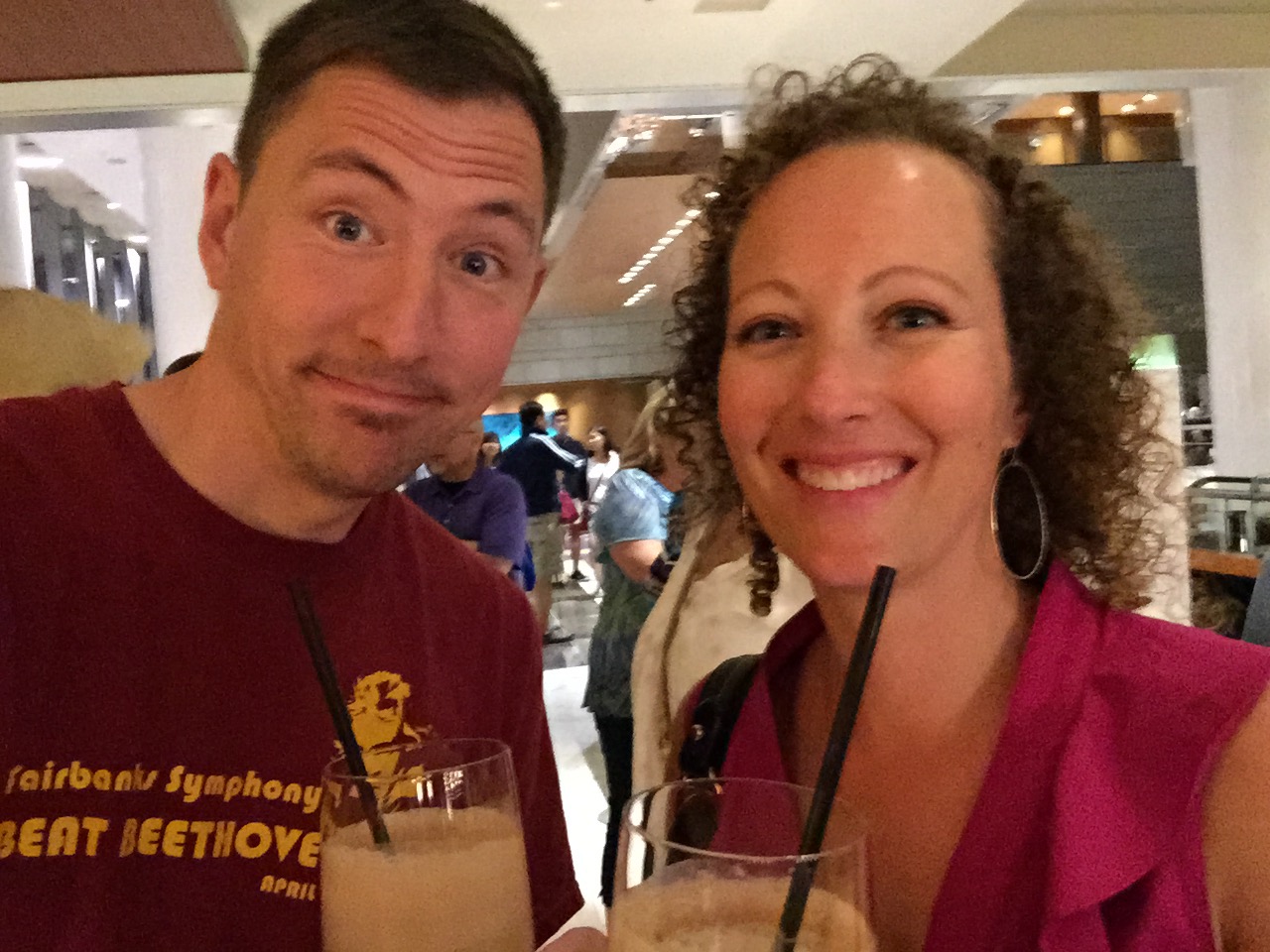I was 20 floors off the ground in my room at LA’s JW Marriott, quietly rehearsing for a talk I would be giving at a conference the next day when I realized that I needed some light in the room to compensate for the rapidly setting sun. Nothing worked. There were lights in the hallway, but no power in my room.
Weird.
Something wasn’t right so I decided to take a trip to the ground floor. The bank of 8 elevators didn’t seem to be working, and I wasn’t sure I wanted to roll the dice in them anyway, so I found a stairwell and headed down to the lobby.
The lobby was unusually full and it was quickly evident that something was wrong with the power on our block. Teams of hotel engineering staff were buzzing about trying to figure out how to get lights and air conditioning working in the rooms (the lobby was fully functional save for some flickering lights) while not yet fully understanding how quickly city services might be restored to the building.
I elected to take a seat on some couches just outside the lobby to read in the cool evening breezes while keeping tabs on the progress of the tech folks. Ever the student of social behavior I was perfectly positioned to overhear technical crews discuss the problems they were trying to overcome, hotel guests complain to one another about the inconvenience, and front desk staff attempt to diffuse frustrations for people who wanted answers about when the power would be restored.
The hotel had a backup system in place to get lights and commercial air repair working in the rooms after about an hour, but the elevators were another story. There were two functioning elevators for most of the evening, but the demand was far greater than the supply. (I ended up descending, ascending, and descending those 20 flights of stairs before finally riding in a very full elevator at the end of the night.)
During the evening I met up with a friend who was coordinating a portion of the conference so that we could check out the area in which I would be speaking the following day. More stairs. We ended up in the lobby, chatting and monitoring the massive line for the elevators. It was late but we had no where in particular to be so we were content to enjoy one another’s company while we waited for the line for the elevators to (hopefully) thin.
We had the occasion to chat with an hotel employee who was doing a great job helping people deal with an obviously imperfect situation that she could not fix. Without being dismissive she confided to us that “there are far worse places to be today than the JW Marriott.” There was nothing she could do to restore power to the building, she could only make the best of the cards she was dealt on that particular day.
 Her reaction, and the fact that a harried front desk staff found a way to get my friend and I chocolate milkshakes in the midst of a difficult situation, reminded me that we have a much greater opportunity to knock people’s socks off with amazing service when things go wrong than when everything works.
Her reaction, and the fact that a harried front desk staff found a way to get my friend and I chocolate milkshakes in the midst of a difficult situation, reminded me that we have a much greater opportunity to knock people’s socks off with amazing service when things go wrong than when everything works.
Going the extra mile to take unusually good care of people matters in every interaction you have with the people you serve, but the effects are amplified when things aren’t working like they are supposed to.
The power will go out, your internet will stop working, your delivery truck will die unexpectedly, your computer will do the weirdest thing at the worst moment, your perfect record will be broken.
The question is not if these things will happen, the question is how will you react?
The power to the building was restored at some point during the night and I took a leisurely ride on the elevator the next morning to deliver my talk…and deliver a thank you card to the folks at the front desk for teaching me something about being graceful in the midst of an impossible situation.


One Comment on “Taking care of people when you are powerless”
What a poignant reminder. I hope more people read this and when they find themselves in difficult situations think: “how can I make this situation better?” rather than “this is really inconveniencing me and it needs to be fixed immediately.”